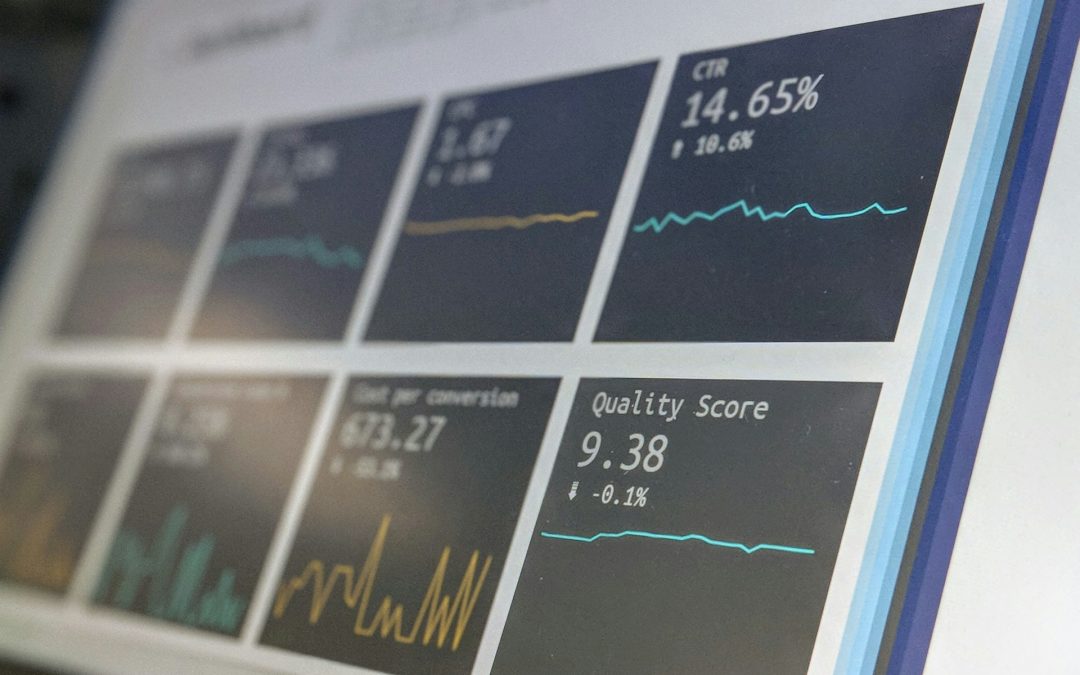
Navigating KYB Compliance for Law Firms
Know Your Business (KYB) compliance is essential for law firms to verify the legitimacy of their business clients, mitigate risks, and adhere to regulatory requirements. This article explores the best practices and strategies for effective KYB compliance in the legal sector.
Understanding KYB Compliance
KYB compliance involves verifying the identities and legitimacy of business clients, assessing their risk profiles, and ensuring ongoing monitoring of their activities. This process helps law firms prevent money laundering, fraud, and other financial crimes.
Best Practices for Navigating KYB Compliance
1. Develop a Comprehensive KYB Framework
Description: Establish a detailed framework that outlines policies, procedures, and responsibilities for KYB compliance.
Steps:
- Policy Development: Create clear policies defining the scope and objectives of KYB.
- Procedural Guidelines: Develop guidelines for business client identification, risk assessment, and transaction monitoring.
- Compliance Team: Form a dedicated team to oversee and manage KYB activities.
Benefits:
- Consistency: Ensures a uniform approach to KYB across the firm.
- Accountability: Defines roles and responsibilities, promoting accountability.
- Efficiency: Streamlines KYB processes, reducing the risk of errors and non-compliance.
2. Leverage Advanced Technology
Description: Utilize advanced technologies to enhance the efficiency and effectiveness of KYB processes.
Tools:
- Data Management Systems: Implement robust systems to collect, store, and manage business client information.
- AI and Machine Learning: Use AI and machine learning for data analysis and anomaly detection.
- Blockchain: Explore blockchain technology for secure and transparent transaction recording.
Benefits:
- Efficiency: Automates time-consuming tasks, reducing manual effort.
- Accuracy: Improves the accuracy of data collection and analysis.
- Security: Provides robust security measures to protect sensitive information.
3. Conduct Regular Training
Description: Provide regular training to employees on KYB requirements and best practices.
Steps:
- Training Programs: Develop comprehensive training programs for employees at all levels.
- Regular Updates: Update training materials regularly to reflect regulatory changes and emerging trends.
- Interactive Sessions: Use interactive sessions, case studies, and simulations to enhance learning.
Benefits:
- Knowledgeable Staff: Ensures employees are well-informed about KYB requirements and best practices.
- Improved Compliance: Enhances the ability to detect and report suspicious activities.
- Compliance Culture: Fosters a culture of compliance within the firm.
4. Monitor and Audit KYB Processes
Description: Implement monitoring and auditing mechanisms to ensure ongoing compliance with KYB requirements.
Steps:
- Regular Audits: Conduct regular internal audits to assess compliance with KYB policies and procedures.
- Real-Time Monitoring: Use real-time monitoring tools to detect and address compliance issues promptly.
- Continuous Improvement: Implement feedback mechanisms to continuously improve KYB processes.
Benefits:
- Compliance Assurance: Provides assurance that the firm meets regulatory requirements.
- Risk Mitigation: Identifies and mitigates compliance risks proactively.
- Operational Integrity: Enhances the overall integrity of compliance operations.
Navigating KYB compliance for law firms involves strategic planning, leveraging technology, regular training, and robust monitoring. These best practices ensure comprehensive compliance and robust risk management.




